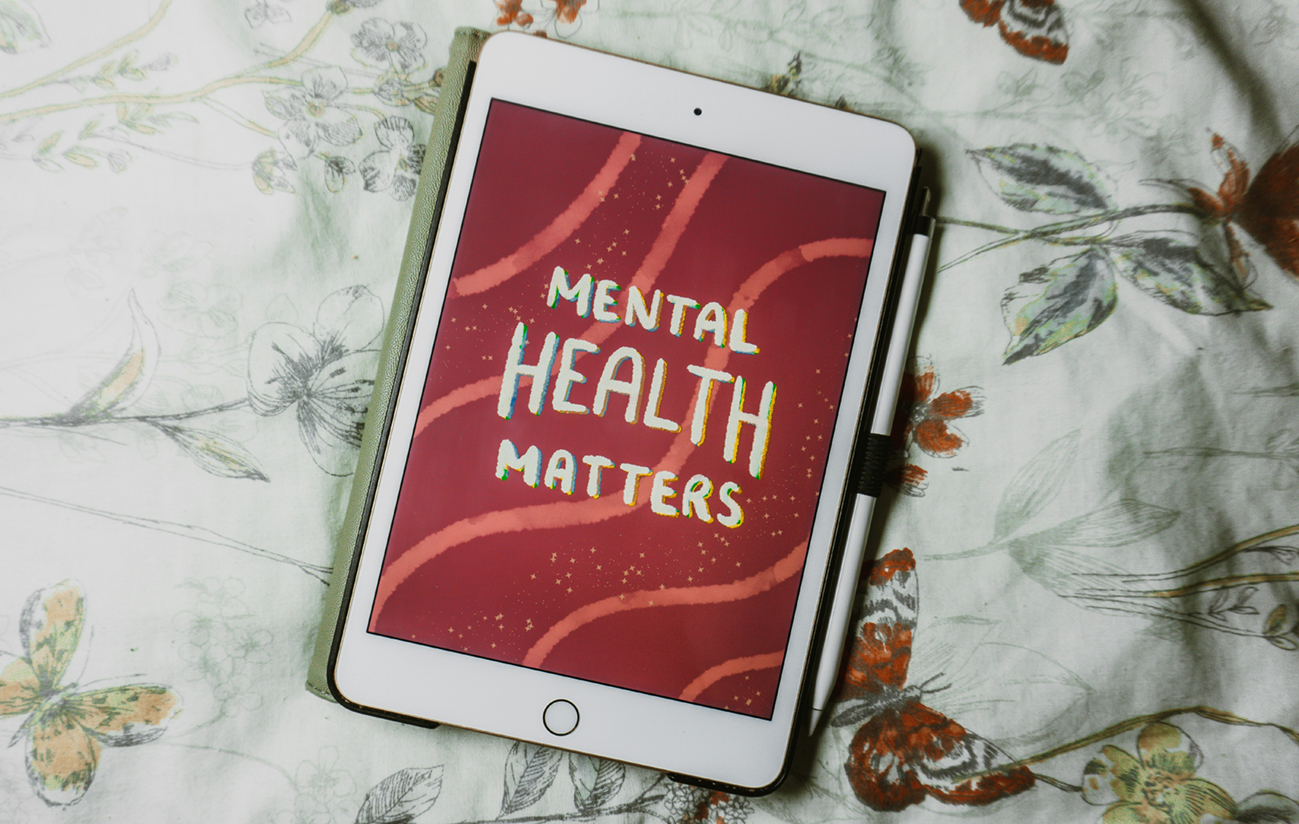Self-Care, Wellness, and Mental Health Strategies for College Student-Athletes

Published
Participation in college athletics can be a wonderful pursuit. Various disciplines of research highlight the psychosocial benefits of sport participation. Research has also shown that exercise and physical movement can improve mental functioning (Sharma et al., 2006). However, sport participation can also be a significant source of stress for college student-athletes. On top of the psychosocial demands of pursuing a college degree, student-athletes are faced with additional sources of stress. Lu et al. (2012) identified eight broad categories of athlete-specific stressors: Sport injury, performance demands, coach-athlete relationship, training adaption and burnout, interpersonal relationships, family relationships, and academic requirements (e.g., to maintain eligibility). The research recognizes the subsequent impact on student-athletes’ wellness. According to the NCAA (2023), 35% of female student-athletes feel mentally exhausted, while 44% feel overwhelmed. Research has also shown concerns related to body image and disordered eating (Bar et al., 2016); roughly half of student-athletes experience sleep-related problems (IOC, 2021), and upwards of 33% of elite performers experience symptoms of depression and anxiety (IOC, 2021). Other clinically significant concerns include substance misuse and other addictive behaviors (e.g., gambling), ADHD, and self-harm. Given the stress and demands of being a student-athlete, “mental health” is identified as the number one reason for transferring from their current institution (NCAA, 2022). Based on the research and subjective experiences of student-athletes, the importance of self-care and wellness becomes paramount. With that said, below are a few quick tips to boost wellness and psychological functioning.
Win the Off Days.
For most, the “relationship” with sport may be your longest relationship aside from that with your parent(s). Sport has inevitably become part of your personality. We also know sport-culture is full of mantras like “Give 110%” and “If you’re not working, somebody else is!” Together, it is easy to understand how some athletes report feelings of guilt and shame for engaging in “self-care” activities. However, the human brain needs variety. Burnout is inevitable if you spend every waking moment training for your sport. I have seen dozens of athletes improve their personal wellness and athletic performance by simply finding balance outside of their sport. You would be amazed at how engaging in a “non-sport” hobby can go! Or be intentional in finding so-called “NARP” (non-athlete real person) friend relationships away from your team. Win the off day! Find a hobby and cultivate your identity outside of the role as a “student-athlete.”
Don’t Sleep on Sleep.
Research has indicated that nearly half of student-athletes have sleep-related issues (IOC, 2021). This serves as a reminder of the importance of prioritizing healthy sleep habits. Early warning signs that you may have a sleep issue would include feeling tired throughout the day or having difficulty staying awake, using coffee and stimulants to stay awake in class, difficulty falling asleep or staying asleep, or engaging in so-called “revenge insomnia” behaviors (e.g., scrolling on your phone at night instead of sleeping). Sound like you? If so, let’s focus on increasing the quality of your sleep by practicing healthy sleep behaviors. Restorative sleep habits include sticking to a regular sleep schedule, limiting caffeine before bedtime, avoiding daytime napping after 2:00 pm, lowering the air temperature of your bedroom(less than 68 degrees), and only using your bed for sleep and not as your spot to complete homework, eat snacks, etc. (NCAA, n.d.). To oversimplify a neuropsychology lesson, when you sleep, cerebrospinal fluid (CSF) flows through the brain, removing toxins that accumulate throughout the day. We literally need sleep to function at an optimal level. We also know poor sleep has been linked to an increased risk of injury. Change your thoughts about sleep and view sleep as part of your training. Your brain needs sleep to help you excel in the classroom and on the field.
Find and Follow Your Values.
In Viktor Frankl’s book “Man’s Search for Meaning” (1946), he states that people have a great capacity for resiliency. The catch is that people need to find meaning in the stress and stressors. Any student-athlete can attest to the multiple sources of stress that are associated with sport participation. It is vital to understand how your personal values are fulfilled by your athletic pursuits. Ask yourself “what do I value?” and be intentional in finding ways to express those values. For example, if you value “relationships” be mindful and pour into your relationships with your teammates. If you value “self-growth” lean into your training. Instead of focusing on the stress of 6:00 am workouts, view them as opportunities to grow and improve at your sport. Identify your values and find micro-ways daily to live and express the things you care about.
Use your support team. As we say at Mississippi State, “We are better together!” One of the perks of being a student-athlete is that you are surrounded by a support team. Most student-athletes have access to medical healthcare, nutrition services, strength & conditioning, mental health clinicians and mental performance coaches, and student-athlete development staff. Be intentional and use the available resources! If you’re struggling to find a support team, you can find a Certified Mental Performance Consultant® (CMPC) on the AASP website to locate someone near you.
In summary, win the off days (find balance in your life and develop an identity outside of sport), practice healthy sleep and nutrition habits, and use your sport to find and express your personal values. Practice these wellness tips and seek personalized care on campus from your support team!
References
- Frankl, V. E. (1962). Man's search for meaning: An introduction to logotherapy. Beacon Press
- IOC mental health in Elite Athletes Toolkit - Athlete365. (2021). https://olympics.com/athlete365/mentally-fit/mentallyfit-toolkit-resources/
- Lu, F. J. H., Lee, W. P., Chang, Y.-K., Chou, C.-C., Hsu, Y.-W., Lin, J.-H., & Gill, D. L. (2016). Interaction of athletes’ resilience and coaches’ social support on the stress-burnout relationship: A conjunctive moderation perspective. Psychology of Sport and Exercise, 22, 202–209. https://doi.org/10.1016/j.psychsport.2015.08.005
- NCAA student-athlete health and wellness study. NCAA.org. (2022.). https://www.ncaa.org/sports/2022/9/8/ncaa-student-athlete-health-and-wellness-study.aspx
- NCAA.org. (2023, December 12). Student-athletes report fewer mental health concerns. https://www.ncaa.org/news/2023/12/13/media-center-student-athletes-report-fewer-mental-health-concerns.aspx
- NCAA Sleep and wellness for collegiate athletes. (n.d.). https://ncaaorg.s3.amazonaws.com/ssi/performance/SSI_SleepWellnessFactSheet.pdf
- Sharma, A., Madaan, V., & Petty, F. D. (2006). Exercise for mental health. Primary care companion to the Journal of clinical psychiatry, 8(2), 106. https://doi.org/10.4088/pcc.v08n0208a
Share this article:
Published in:





